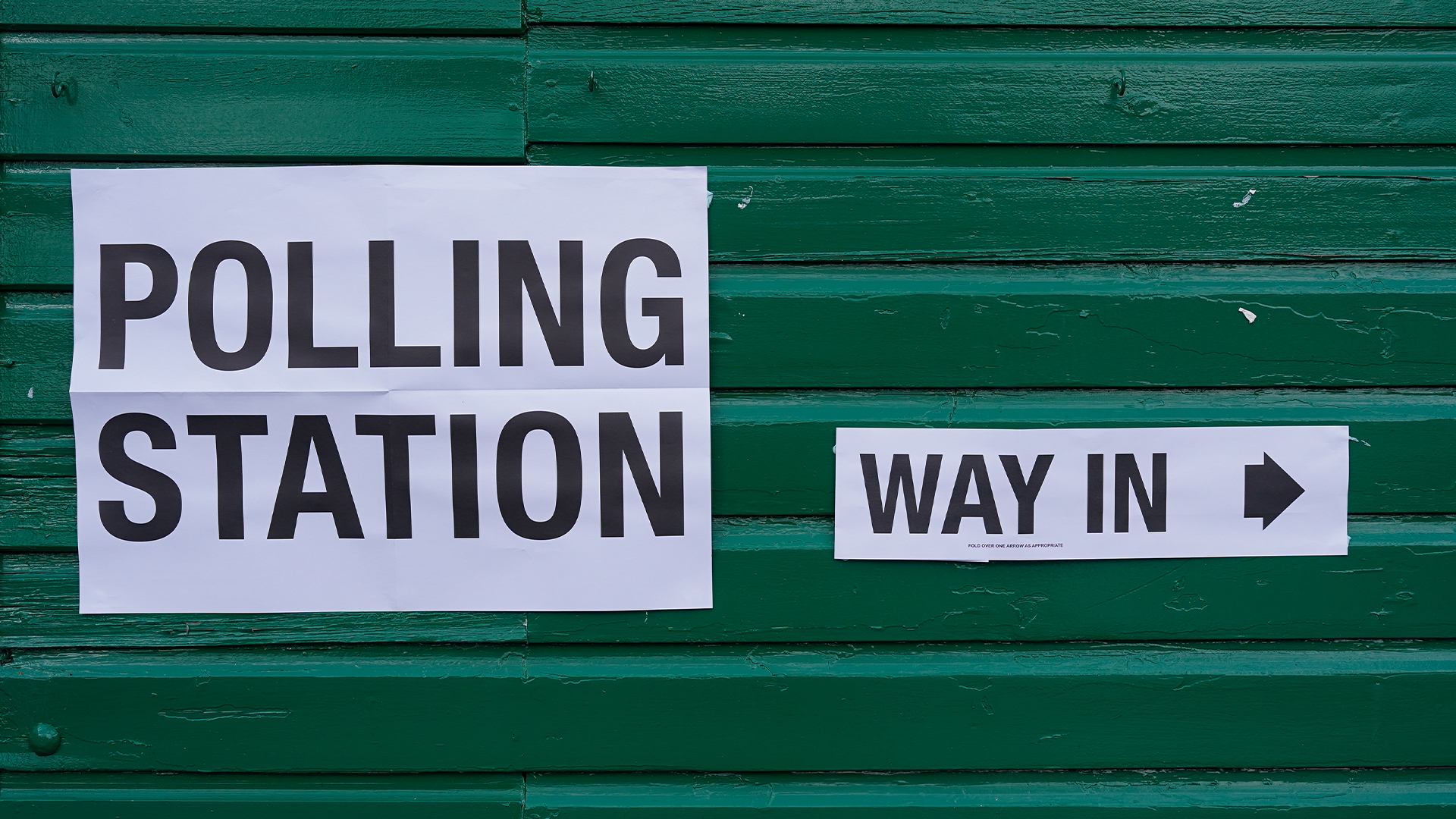Industry hits out at Gov's new internet snooping laws
Government-led shake up of UK's data monitoring laws prompts privacy concerns from industry.

Government plans to obtain greater access to people's emails, phone calls and internet browsing history have come under fire from industry bodies and privacy campaigners.
The Home Office is planning to expand the data monitoring powers of the GCHQ intelligence agency.
The changes would provide GCHQ, in certain circumstances, with real-time access to UK residents' web- and phone-based communications.
We need to take action to maintain the continued availability of communications data as technology changes.
In a press statement, the Home Office said the move would help the police and security services clamp down on serious crime and terrorist offences.
"We need to take action to maintain the continued availability of communications data as technology changes," the statement read.
It went on to stress that the content of phone calls and emails would not be covered by the legislation, which the Home Office hopes to push through as "soon as parliamentary time allows."
Sign up today and you will receive a free copy of our Future Focus 2025 report - the leading guidance on AI, cybersecurity and other IT challenges as per 700+ senior executives
"It is not the intention of the [the] Government to make changes to the existing legal basis for the interception of communications," the missive added.
Industry watchers
Despite these assurances, the proposals have caused several industry onlookers to raise concerns over the impact they could have on people's freedom of expression and right to privacy.
In a statement sent to IT Pro, a representative from the Internet Service Providers' (ISPs) Association, said: "It is important that proposals to update [the] government's capabilities to intercept and retain data in the new communications environment are proportionate and are widely consulted upon in an open and transparent manner."
Meanwhile, Kathryn Wynn, senior associate at tech-focused law firm Pinsent Masons, said the legislation could have dire consequences for some internet and mobile network providers.
"ISPs and carriers are already required to give GCHQ access to information on request. What's new is that this legislation means it could be demanded in real-time, rather than simply asking for historic data," explained Wynn.
"Whether this is feasible or not depends on whether there is the technology available to deliver that information quickly. Otherwise, ISPs will struggle to comply through no fault of their own."
-
 Trump's AI executive order could leave US in a 'regulatory vacuum'
Trump's AI executive order could leave US in a 'regulatory vacuum'News Citing a "patchwork of 50 different regulatory regimes" and "ideological bias", President Trump wants rules to be set at a federal level
-
 TPUs: Google's home advantage
TPUs: Google's home advantageITPro Podcast How does TPU v7 stack up against Nvidia's latest chips – and can Google scale AI using only its own supply?
-
 LastPass hit with ICO fine after 2022 data breach exposed 1.6 million users – here’s how the incident unfolded
LastPass hit with ICO fine after 2022 data breach exposed 1.6 million users – here’s how the incident unfoldedNews The impact of the LastPass breach was felt by customers as late as December 2024
-
 23andMe 'failed to take basic steps' to safeguard customer data
23andMe 'failed to take basic steps' to safeguard customer dataNews The ICO has strong criticism for the way the genetic testing company responded to a 2023 breach.
-
 AI recruitment tools are still a privacy nightmare – here's how the ICO plans to crack down on misuse
AI recruitment tools are still a privacy nightmare – here's how the ICO plans to crack down on misuseNews The ICO has issued guidance for recruiters and AI developers after finding that many are mishandling data
-
 “You must do better”: Information Commissioner John Edwards calls on firms to beef up support for data breach victims
“You must do better”: Information Commissioner John Edwards calls on firms to beef up support for data breach victimsNews Companies need to treat victims with swift, practical action, according to the ICO
-
 LinkedIn backtracks on AI training rules after user backlash
LinkedIn backtracks on AI training rules after user backlashNews UK-based LinkedIn users will now get the same protections as those elsewhere in Europe
-
 UK's data protection watchdog deepens cooperation with National Crime Agency
UK's data protection watchdog deepens cooperation with National Crime AgencyNews The two bodies want to improve the support given to organizations experiencing cyber attacks and ransomware recovery
-
 ICO slams Electoral Commission over security failures
ICO slams Electoral Commission over security failuresNews The Electoral Commission has been reprimanded for poor security practices, including a failure to install security updates and weak password policies
-
 Disgruntled ex-employees are using ‘weaponized’ data subject access requests to pester firms
Disgruntled ex-employees are using ‘weaponized’ data subject access requests to pester firmsNews Some disgruntled staff are using DSARs as a means to pressure former employers into a financial settlement